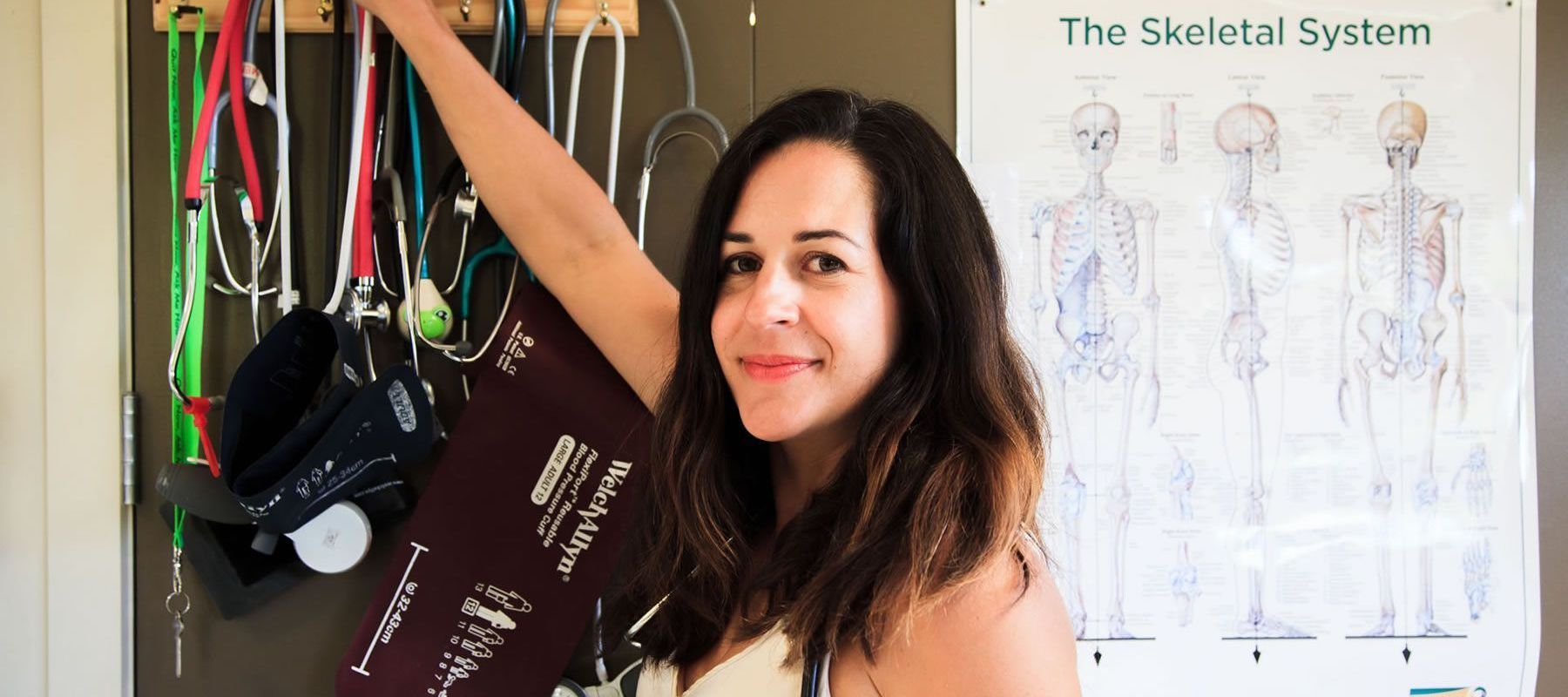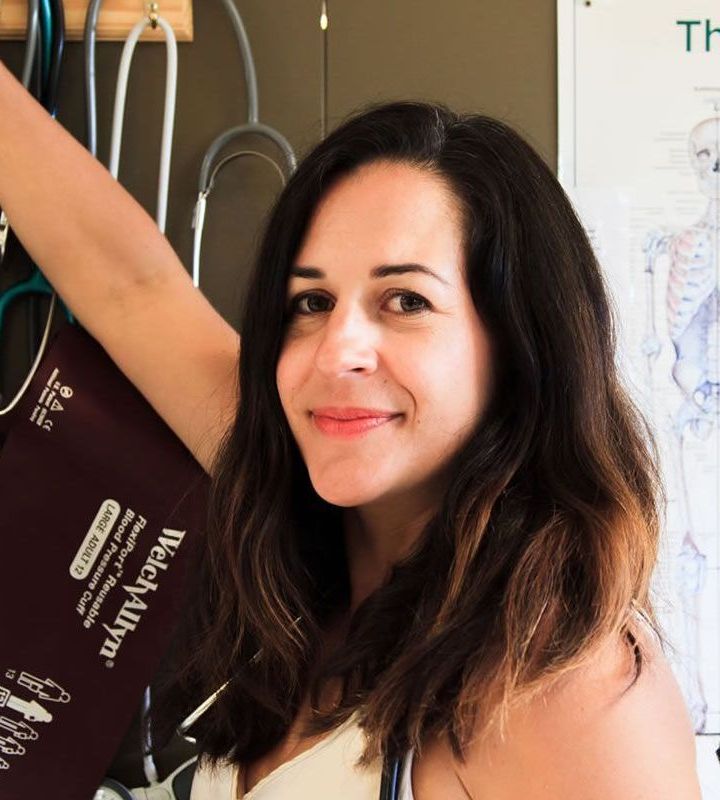Chicken Pox
Chickenpox is a very contagious (catching) disease. It causes small itchy blisters on your skin.
Sometimes children scratch the blisters and they can become infected. If this happens, you’ll need to take them to the doctor.
Very occasionally chickenpox can lead to serious complications, such as pneumonia, problems with the kidneys, heart, joints or nervous system. Chickenpox is also serious for pregnant women.
If there are no complications, chickenpox usually clears up within 3–7 days for adults, and 5–10 days for children.
How is it spread?
The virus is spread through the air by infected people when they sneeze or cough, and by touching the chickenpox blisters then touching objects or other people.
The illness starts 2–3 weeks (usually 14–16 days) after being exposed.
Stop chickenpox spreading
Chickenpox is contagious from 5 days before the blisters appears. It’s most infectious in the last 2 days. It stays contagious until all the blisters have crusted over and no new ones are appearing – which usually takes another 5 days.
Avoid close contact with other people during this period if you or a family member has chickenpox. Keep children home from school or day care.
Remember: chickenpox is serious for pregnant women and people who are have a reduced immune response (eg, children with cancer).
The chickenpox virus is spread through the air by infected people when they sneeze or cough.
- Always turn away from others and use tissues when you cough or sneeze.
- Always wash your hands after coughing, sneezing or blowing your nose.
Chickenpox can also spread through touching the blisters and then touching objects or other people.
- Wash your hands often, especially if you’re the caregiver of a child with chickenpox – and make sure they do the same.
- Discourage children from scratching the blisters.
-
People with chickenpox have small blisters (like a rash) on their skin.
These can be very itchy.
Other symptoms of chickenpox are:
- tiredness
- fever
- general aches and pains.
How long chickenpox lasts
If there are no complications:
- adults generally have the chickenpox infection for 3–7 days
- children are usually ill for about 5–10 days.
Teenagers and adults are more likely to have complications or feel sicker from chickenpox than children.
When you need to see the doctor
Infected blisters
Children often find it hard not to scratch the blisters and this can cause some of them to get infected. If this happens, you should take them to the doctor as antibiotics might be needed.
Serious complications
In very rare cases chickenpox can lead to pneumonia or problems with the kidneys, heart or joints. The nervous system may be affected, which may cause irritation and swelling in the brain (such as meningitis).
If you or a family member has any of the following symptoms with chickenpox, see your doctor or call an ambulance immediately:
- High fever
- Severe headache
- Sensitivity to light (light hurts your eyes)
- Nausea and vomiting
- Stiff neck
- Confusion
- Sleepiness, difficulty waking or unconsciousness
- Convulsions (fits, seizures).
Call us on 07 5422450 or Healthline 0800 611 116 if you are unsure what you should do.
Chickenpox in pregnancy
Chickenpox during pregnancy can cause poor growth of the baby or even stillbirth.
It can spread to the baby during birth.
If you’re pregnant and think you have been exposed to chickenpox, you should have a blood test to check whether you’re immune. If you aren’t immune, your doctor may give you an injection that can prevent chickenpox or make it less severe.
Self care
Most people with chickenpox don’t need to see their doctor. Here are some things you can do to get through it (or help your child get through it):
- Take a lukewarm bath every 3–4 hours for the first few days. Add 4 tablespoons of baking soda, cornstarch or oatmeal to the water. Use soap in one of the baths each day to clean bacteria off your skin.
- Use calamine lotion on the chickenpox sores to help relieve itching.
- Put a towel-covered ice pack or cool, moist washcloth on itchy areas for 20–30 minutes. (Don’t share the towel or washcloth with anyone else.)
- If the itching is severe or is making it hard to sleep, take an antihistamine.
- Trim your fingernails and wash your hands often to prevent the rash from becoming infected if you scratch it.
- Take a pain reliever such as paracetamol for headache, fever or general aches and pains.
Immunisation
From 1 July 2017:
Varicella vaccine
- Funded access of the varicella vaccine (Varilrix) will be widened to include one dose for primary vaccination in children at 15 months old and a catch up in general practice of one dose for previously unvaccinated children at 11 years old, who have not previously had a varicella infection (chickenpox).
Chickenpox vaccine is available in New Zealand at a cost. Talk to your doctor if you’d like the chickenpox vaccination for you or your child.
Making a decision about immunisation
Risks associated with chickenpox
- Mortality in normal healthy children is less than 2 per 100,000 cases, increasing up to 15 fold in adults.
- The severity and risk of complications is greater for adults. Complications can include severe tissue infection, low platelet count, pneumonia and inflammation of the joints, kidneys and liver.
- The lesions may leave mild scarring in some skin types. Shingles is a long-term complication that is not immediately apparent but can appear decades after the disease.
Immunity
If you’ve already had chickenpox, you’re probably immune. This means that if you’re exposed to chickenpox again, your body can fight off the infection and you won’t get sick.
If you had a very mild case of chickenpox with just a few blisters, it is possible to get chickenpox again, but this is very rare.

